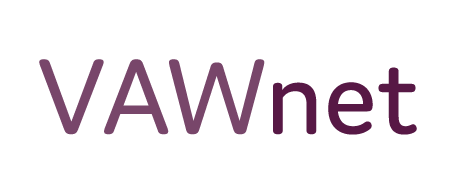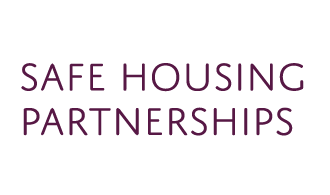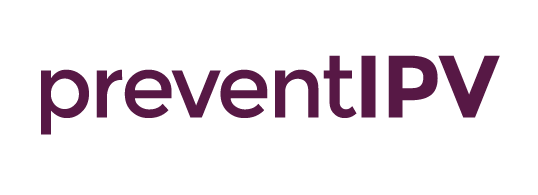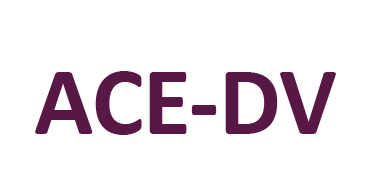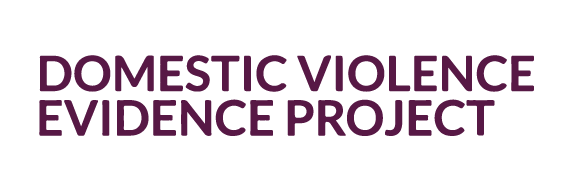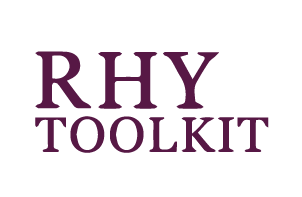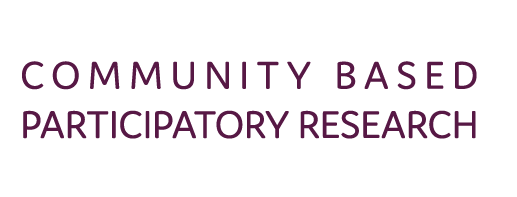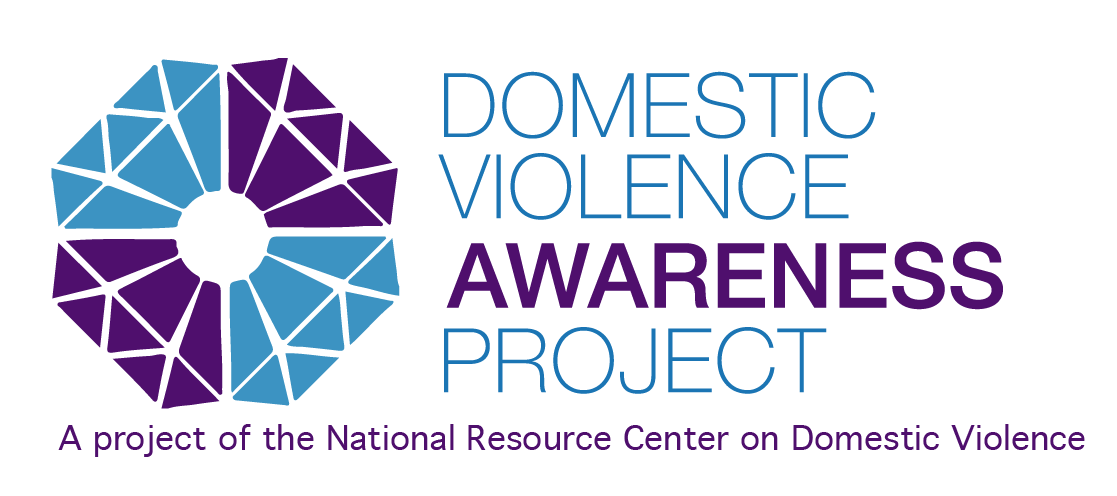APRIL 6, 2023
By Cassandra Aho & Breckan Winters, National Resource Center on Domestic Violence
“We dream of a world where health equity is a reality for Black women and girls. And we can create that world when we center those most impacted in our violence prevention work.” – Patty Branco, How can domestic and sexual violence advocates center health equity for Black women in our work?
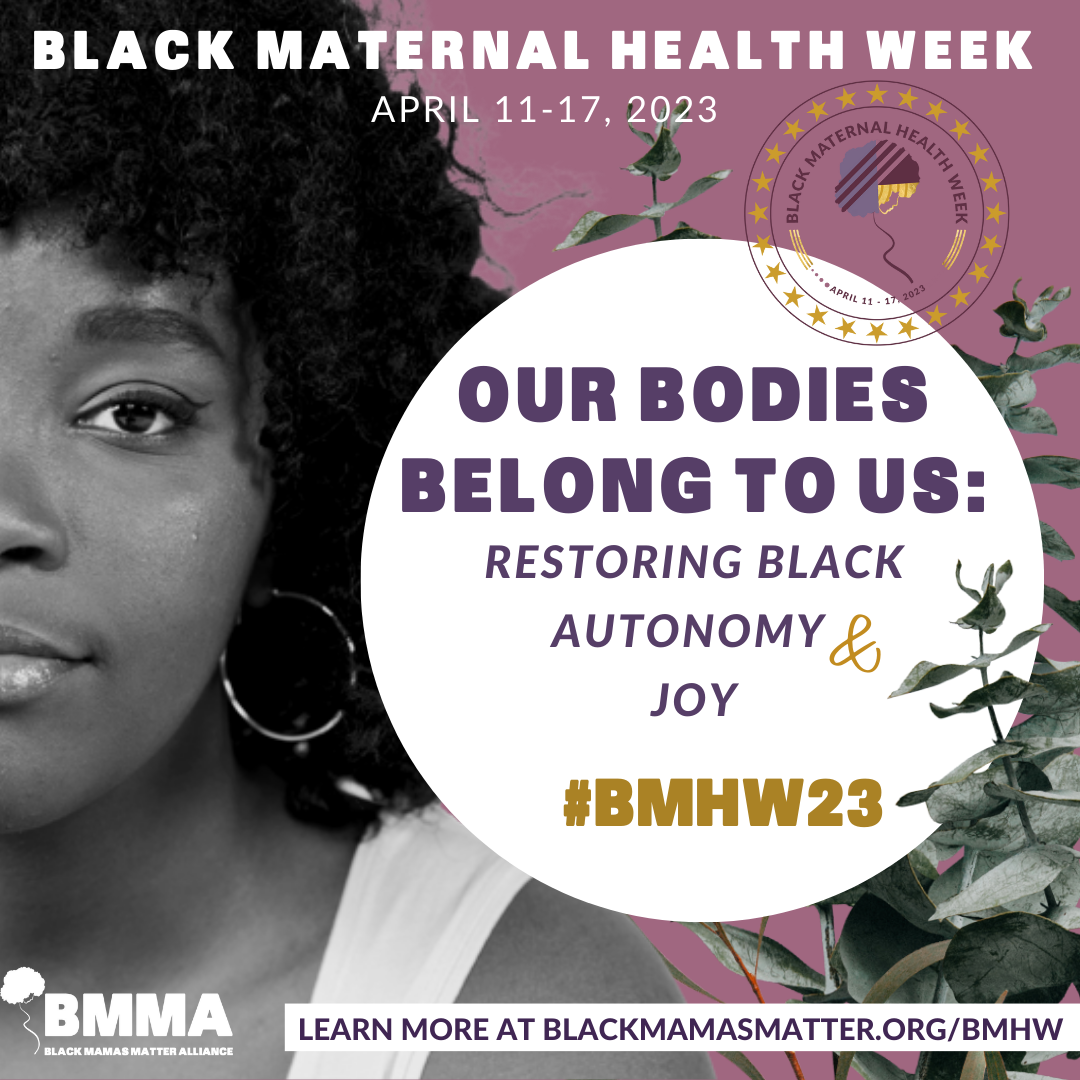 In recognition of both Black Maternal Health Week (BMHW) from April 11-17 and Sexual Assault Awareness Month (SAAM) throughout the month of April, NRCDV is centering the connections between maternal health, sexual violence, and health equity. Maternal health and sexual violence prevention are both issues of reproductive justice – the human right to maintain bodily autonomy and freedom from violence and oppression in all spheres connected to our reproductive lives. As Sistersong Women of Color Reproductive Justice collective states, “Indigenous women, women of color, and trans* people have always fought for Reproductive Justice, but the term was invented in 1994… They recognized that the women’s rights movement, led by and representing middle class and wealthy white women, could not defend the needs of women of color and other marginalized women and trans* people. We needed to lead our own national movement to uplift the needs of the most marginalized women, families, and communities.”
In recognition of both Black Maternal Health Week (BMHW) from April 11-17 and Sexual Assault Awareness Month (SAAM) throughout the month of April, NRCDV is centering the connections between maternal health, sexual violence, and health equity. Maternal health and sexual violence prevention are both issues of reproductive justice – the human right to maintain bodily autonomy and freedom from violence and oppression in all spheres connected to our reproductive lives. As Sistersong Women of Color Reproductive Justice collective states, “Indigenous women, women of color, and trans* people have always fought for Reproductive Justice, but the term was invented in 1994… They recognized that the women’s rights movement, led by and representing middle class and wealthy white women, could not defend the needs of women of color and other marginalized women and trans* people. We needed to lead our own national movement to uplift the needs of the most marginalized women, families, and communities.”
We know that Black women’s health outcomes are deeply connected to their disproportionate experiences of sexual violence, as well as historical and contemporary anti-Blackness rooted in our healthcare systems. We also know that in order to make health equity a reality, we must follow the lead of Black organizers and visionaries doing this work. Alana C. Brown, founder of The Safe Sisters Circle writes:
“Advocates with the desire to fight for reproductive justice for Black women, with its intersectionality with domestic and sexual violence, must always first address Black women’s specific, historical, and contemporary marginalization, violence, and trauma within this country and the world.” – What is the connection between domestic violence, sexual assault, and reproductive justice and how does it impact Black women?
To center health equity, we need to hear from those who are pioneering the way toward Black maternal vitality. Black Mamas Matter Alliance, the founder of Black Maternal Health Week in 2018, uses a human rights framework to address Black maternal health inequities and improve health outcomes. They do so by amplifying voices of Black mamas to dismantle white supremacy and anti-Black narratives. Check out their resources below:
- Black Maternal Health Week 2023 (#BMHW23) campaign: Our Bodies Belong to Us: Restoring Black Autonomy and Joy!
- Tune into their 2023 National Call
- Black Maternal Health Week 2023 Social Media Toolkit
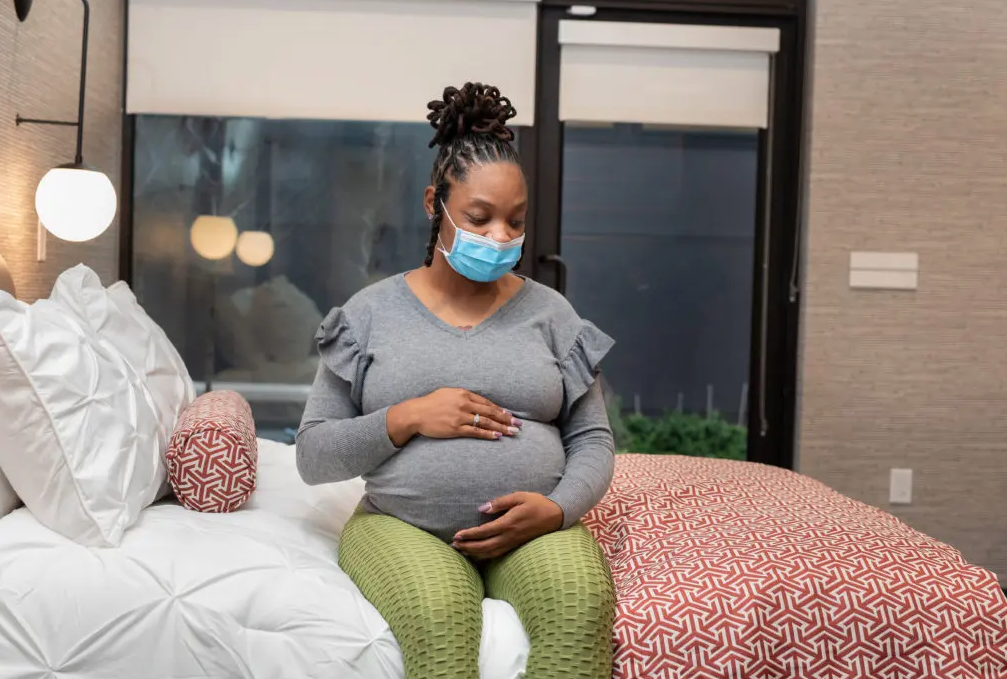 Choices Center for Reproductive Health envisions a world where sexual and reproductive healthcare is recognized as an essential human right. CHOICES now provides a full-spectrum reproductive and sexual health practice with a range of services for more than 5,000 patients each year. In 2020, CHOICES opened a brand new, state-of-the-art health and birth center in Memphis and became the first nonprofit, out-of-hospital entity in the nation to offer birth and abortion services under one roof. CHOICES offers a new model for community-based care with a focus on reproductive and social justice.
Choices Center for Reproductive Health envisions a world where sexual and reproductive healthcare is recognized as an essential human right. CHOICES now provides a full-spectrum reproductive and sexual health practice with a range of services for more than 5,000 patients each year. In 2020, CHOICES opened a brand new, state-of-the-art health and birth center in Memphis and became the first nonprofit, out-of-hospital entity in the nation to offer birth and abortion services under one roof. CHOICES offers a new model for community-based care with a focus on reproductive and social justice.
“Every human being deserves safety, dignity, and a sense of belonging. We seek to restore a sense of safety, dignity, and belonging for people along the reproductive continuum with a primary focus on birth equity.” – Mama Glow Foundation
Mama Glow Foundation is blazing a trail to equity with initiatives such as Love Delivered focused on empowering Black birthing people along the childbearing continuum with resources, guidance and advocacy tools. Mama Glow Foundation is also a Black Women Impact (BWI) Grant recipient: One Million Black Women is committed to investing in the core pillars of healthcare, job creation and workforce development, education, affordable housing, digital connectivity, financial health and access to capital that impact Black women at every stage in their lives.
As the National Sexual Violence Resource Center reminds us, prevention demands equity. #1Thing you can do to promote health equity for BMHW and SAAM 2023 is to follow the lead of Black leaders doing this work. Click here for a non-exhaustive list of Black-led organizations working to build a world where Black women and girls can thrive. Follow them, learn from them, donate to them!
See below for a list of NRCDV’s activities for BMHW and SAAM 2023.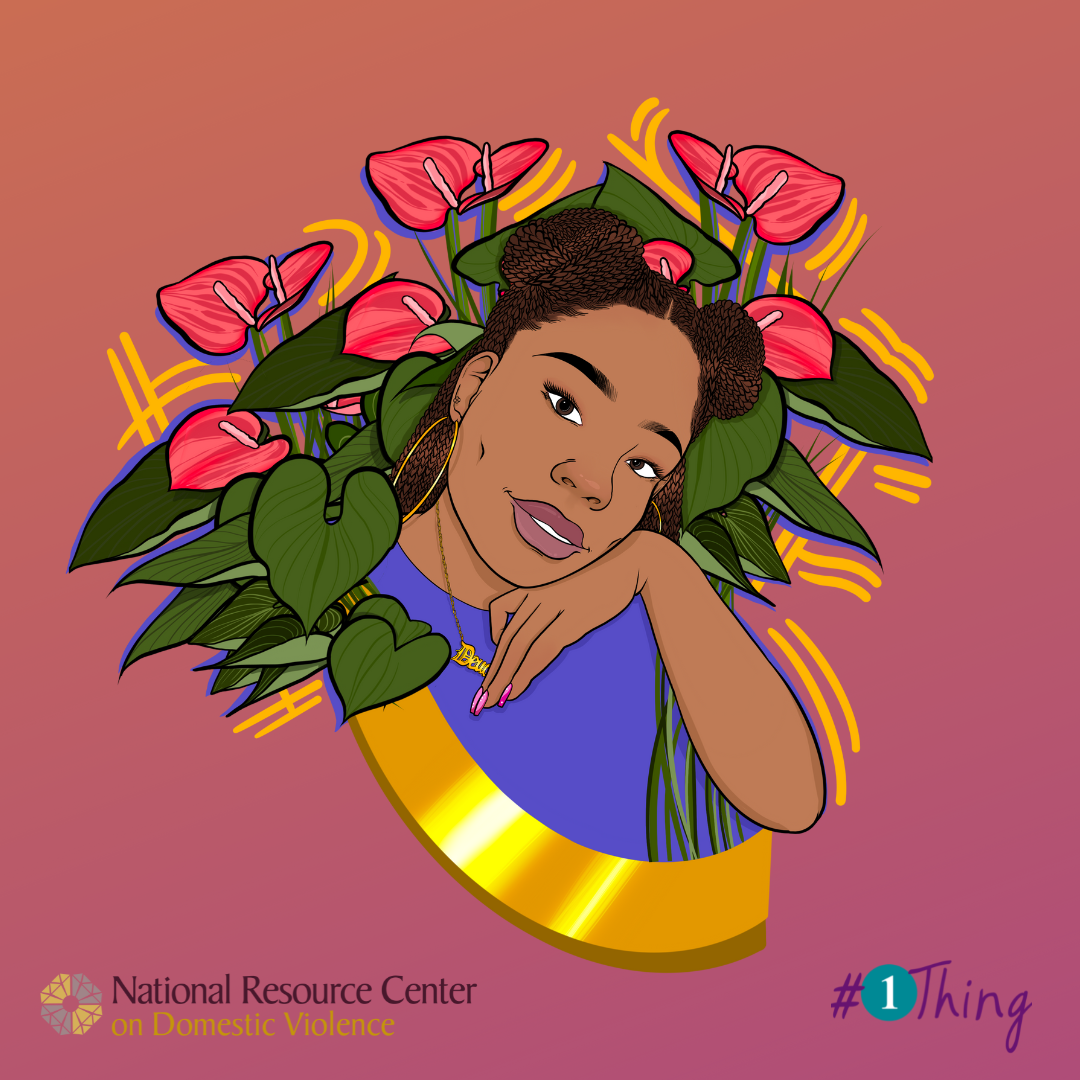
- Campaign: By & For: Stories of the Beauty, Power, & Wisdom Within - Throughout April, NRCDV will continue to highlight this youth-centered and youth-led campaign, connecting it to Sexual Assault Awareness Month. Engaging over thirty young people and Black leaders and creatives, this social media campaign centers Black youth’s lived experiences and focuses on storytelling and prevention in conjunction with NRCDV’s #1Thing campaign. Follow @nrcdv on social media to see more!
- Webinar: Supporting Survivors in Achieving Permanent, Safe, Accessible, and Affordable Housing on Thursday 4/20 at 2pm Eastern - Across the country, housing inventory is low; development has not kept up with need; interest rates are high; and many rental units are unaffordable. Presenters will have a candid conversation on the development of accessible, permanent, affordable, and safe housing for survivors of domestic and sexual violence during this webinar. Register here!
- Prevention Tool of the Month: Collective Power - Throughout April, PreventIPV.org will highlight Collective Power as the prevention tool of the month. In order to expand local sexual assault response efforts, this blueprint from ValorUS provides a nonprescriptive roadmap to how we can build collaborative relationships with community partners within and outside the anti-sexual violence movement.
Additional Resources:
- TA Question of the Month: What is the connection between domestic violence, sexual assault, and reproductive justice and how does it impact Black women?
- TA Question of the Month: How can domestic and sexual violence advocates center health equity for Black women in our work?
- Blog: SAAM 2022: Leading with the HERstory: Without Black Women There Is No Movement
- Applied Research Paper: Sexual Violence in the Lives of African American Women
